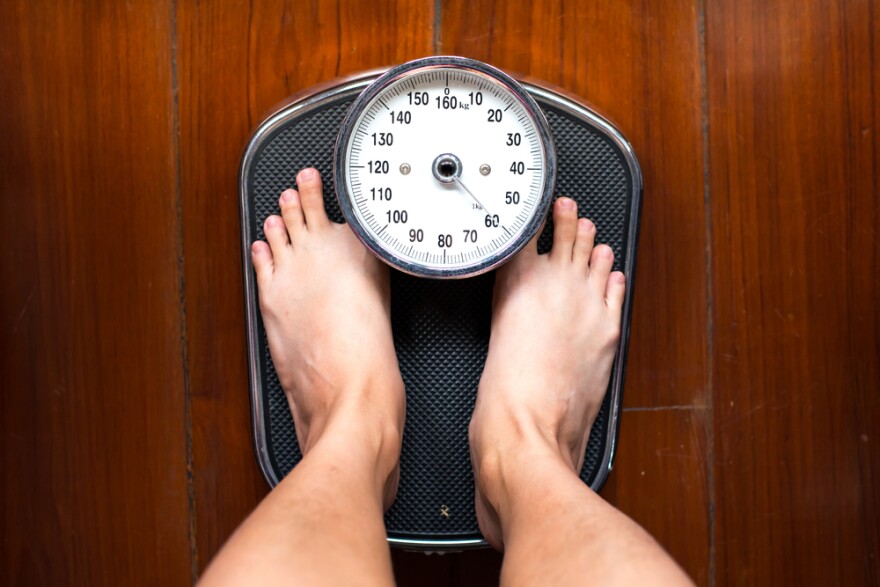INTERVIEW HIGHLIGHTS
What Caused The Weight Gain:
Through the months, and through the year now, they're not working or working from home, then less active. They are eating differently because they have more free time and choices of food. The frequency of their food along with the portion size has really impacted their weight.
The Need For Comfort Food?
Yeah. Depression has set in. Boredom has set in. The stress of it is taking a toll on everybody's mindset.
I think we have a tendency to seek food as sort of a comforting factor. Also, as sort of an excuse to say “I'm suffering here in terms of not being able to do anything. I'll treat myself to some food because that's all I can do right now for enjoyment.” That's with the thought of, “Well, when this is over, I'll go back to getting healthy again.”
But people don't understand that we're over a year out now. And so these pounds are continually adding up.
One More Thing:
You know, when we go to work, we walk from a parking lot to our office or office to the break room, those types of things, interacting with others, using our mind more in conversations. All of those things burn calories and all of these, day-to-day, we're doing less of that.
Why The Weight Gain’s A Concern:
It depends where your weight is, to begin with. A lot of my patients are right on the crux of what we classify as obesity. And so that extra 15 pounds really tips the scale. And we know that obesity is linked to significant cardiovascular diseases, such as stroke, heart attack, and other conditions, including kidney failure.
How To Lose The Weight:
First, recognize this pandemic has changed our lifestyle. And being very proactive saying, “Okay, this is what I have to do” versus “this is what I can do.”
Treat exercise and healthy eating as part of your lifestyle, part of something that you do day to day — brushing your teeth, combing your hair, taking a shower every day. You do that, and you don't think about it. It's second nature. That 30 to 45 minutes of dedicated exercise has to be really treated that way. And that mindset has to be set in our culture.
What Type Of Exercise?
I think the most important thing is to try to get your heart rate up to the 75 to 80 percentile of your maximum predicted heart rate. We calculate by taking the number 220 minus our age multiplied by 75 or 80%. That's tough to do, practically.
So I think what you can also do with limited resources is to understand what perceived effort is, which is what you think is good exercise. Perceived effort is the likes of saying a level 10 is if I did something to extreme exhaustion where I felt like I was going to throw up or pass out. A level one is a casual walk. And so you want to be at a level five or six and maintain that for about 30 to 45 minutes each day.
Level five, for some, would be going for a three-mile run. For others, a three-mile walk. And for others, it would be just doing a day-to-day activity, being focused on that for 30 to 45 minutes continuously.
Just Keep Moving?
Yes. Keep moving and eating less. Those are the two things that will have a dramatic impact on weight.
RESOURCES:
Body Weight Changes During Pandemic-Related Shelter-in-Place in a Longitudinal Cohort Study
The Impact of COVID-19 Stay-At-Home Orders on Health Behaviors in Adults
Interview highlights were lightly edited for clarity.
Got a tip? Email Sam Baker at sbaker@kera.org. You can follow Sam on Twitter @srbkera.
KERA News is made possible through the generosity of our members. If you find this reporting valuable, consider making a tax-deductible gift today. Thank you.






